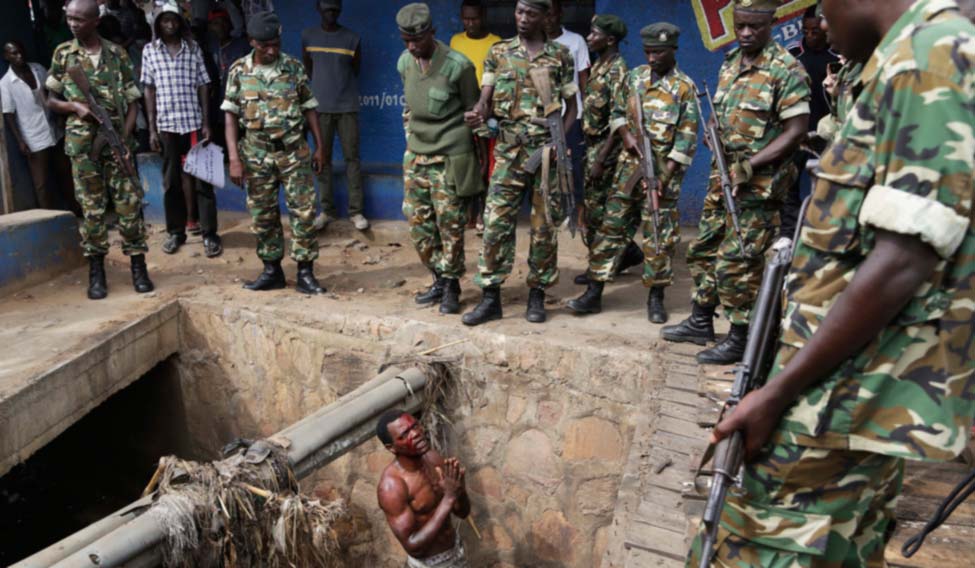Burundi is becoming the first country to withdraw from the International Criminal Court.
An ICC spokesman confirmed that the pullout takes effect today, a year after the East African nation notified the United Nations secretary-general of its intention to leave the court that prosecutes the world's worst atrocities.
Burundi is the only one of three African nations to go ahead with its withdrawal after making moves last year to leave amid accusations that the court focuses too much on the continent.
South Africa's withdrawal was revoked in March. Gambia's new government reversed its withdrawal in February.
Burundi's withdrawal doesn't affect the preliminary examination of the country's situation already underway by the court's prosecutor, ICC spokesman Fadi El Abdallah told The Associated Press. That examination began in April 2016.
Burundi has faced deadly political turmoil since April 2015, when President Pierre Nkurunziza announced plans to seek a disputed third term that he ultimately won.
Last month, a UN commission of inquiry report said crimes against humanity, including killings and sexual violence, are still being committed in Burundi and it asked the ICC to open an investigation as soon as possible.
Alleged perpetrators include top officials in Burundi's National Intelligence Services and police force, military officials and members of the youth league of the ruling party, known as Imbonerakure, said the UN report, which was based on interviews with more than 500 witnesses.
Hundreds of thousands of people have fled the country.
"Burundi's official withdrawal from the International Criminal Court is the latest example of the government's deplorable efforts to shield those responsible for grave human rights violations from any kind of accountability," Param- Preet Singh, Human Rights Watch's associate director of international justice, said in a statement today.
"We urge the ICC to take a progressive approach in interpreting its jurisdiction so that victims maintain a viable path to justice."






